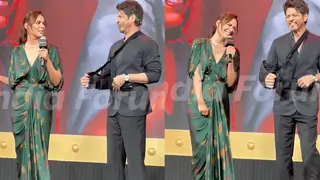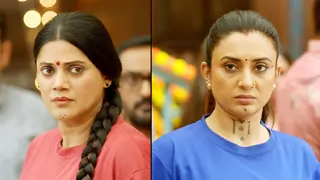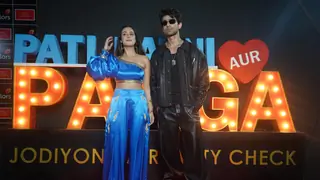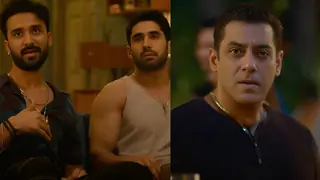Today is his 100th Birth Anniversary.
********************************************************
S.D. Burman proved that age is no impediment for creativity. He was the only great composer who remained in high demand right till the end of his life, unlike his contemporaries who gradually faded away. His greatest gift lay in the fact he could be equally jazzy and trendy in a dhoti. His grip on Indian folklore, his sound classical base, his capacity to absorb from the scene around him made him the greatest all-rounder in Indian Film Music. And to think he never sat down on a harmonium to compose! His tunes would come to him in a flash on a long walk or a drive or even out fishing at sea!
Born in the royal family of Tripura in North-East India, he began his training in classical music under his father, sitarist and Dhrupad singer Nabadwipchandra Dev Burman. He later continued his training under Ustad Badal Khan and Bhismadev Chattopadhaya.
His early work for radio was based on East Bengali and North-Eastern folk-music. In the early 1930s he made a reputation for himself as a singer of folk and light classical music. (Consequently his film compositions were often influenced by his huge repertory of folk-tunes from the Bengali, Bhatiali, Sari and Dhamail traditions of the North-East)
He made his film debut singing in Yahudi ki Ladki (1933) but the songs were scrapped and re-sung by Pahadi Sanyal! His first film as a singer was finally Sanjher Pidim (1935). He became a music director initially in Calcutta in the late 1930s before moving to Bombay in 1944.
In Bombay, he began with Filmistan's Eight Days (1946) but his first major breakthrough came the following year with the company's Do Bhai (1947). The song Mera Sundar Sapna Beet Gaya sung by Geeta Dutt is remembered till today and was her breakthrough song into the film industry!
Shabnam (1949) was his biggest hit with Filmistan with the multi-lingual song Yeh Duniya Roop ki Chor sung by Shamshad Begum becoming the rage of the day. But disillusioned with the materialism of Bombay, he left the Ashok Kumarstarrer Mashaal (1950) incomplete and decided to board the first train back to Calcutta. Fortunately he was dissuaded from doing so.
Burmanda composed the music for Dev Anand's production company, Navketan's first film Afsar (1950). With the success of their second film, Baazi (1951)he made it to the top and a long association with Navketan and Dev Anand was on its way.
Baazi's jazzy musical score revealed a new facet to singer Geeta Dutt's singing. Till then she was mainly known for weepy sad songs and bhajans. The sex appeal in her voice and the ease with which she went western was marvellous to behold. While every song in the film was a raging hit, one stood out for special appeal - Tadbir se Bigdi Hui Taqdeer a ghazal that was occidentalized into a seductive song!
Burmanda could at once be a light and a serious in-depth composer. When Guru Duttmade comparatively light-weight films like Baazi and Jaal (1952), Burmanda reflected their mood with compositions like Suno Gajar Kya Gaye or De Bhi Chuke Hum and when Guru Dutt made his somber masterpieces - Pyaasa (1957)and Kaagaz ke Phool (1959), he was right on target with Jinhe Naaz Hai Hind and Waqt ne Kiya Kya Haseen Situm.
Burmanda's zest for life showed through his music. He was right there on the front bench to cheer his favourite football or hockey team. Such was his enthusiasm that he once offered music to go with a hockey match! The very name of his house 'The Jet' signified a composer who was up to date with the times.
Ill health caused a slump in his career in the early 1960s but his compositions for Bandini (1963), Guide (1965), Jewel Thief (1967) and Aradhana (1969) showed that S.D. Burman could still dictate trends. Aradhana was responsible in Kishore Kumar's second coming and went on to make him the top male playback singer of Hindi Films.
Burmanda was also responsible along with O.P. Nayyar into shaping Asha Bhosle as a singer of repute. A scrap with Lata Mangeshkarin 1958 led him to using Asha as his main singer in the 1958 - 62 period which saw her go from strength to strength.
As a singer, his thin but powerful voice was often used as bardic commentary e.g. Wahaan Kaun hai Tera from Guide or Safal Hogi Teri Aradhana from Aradhana. Abhimaan (1973) stands out for his outstanding musical score among his later films.



































